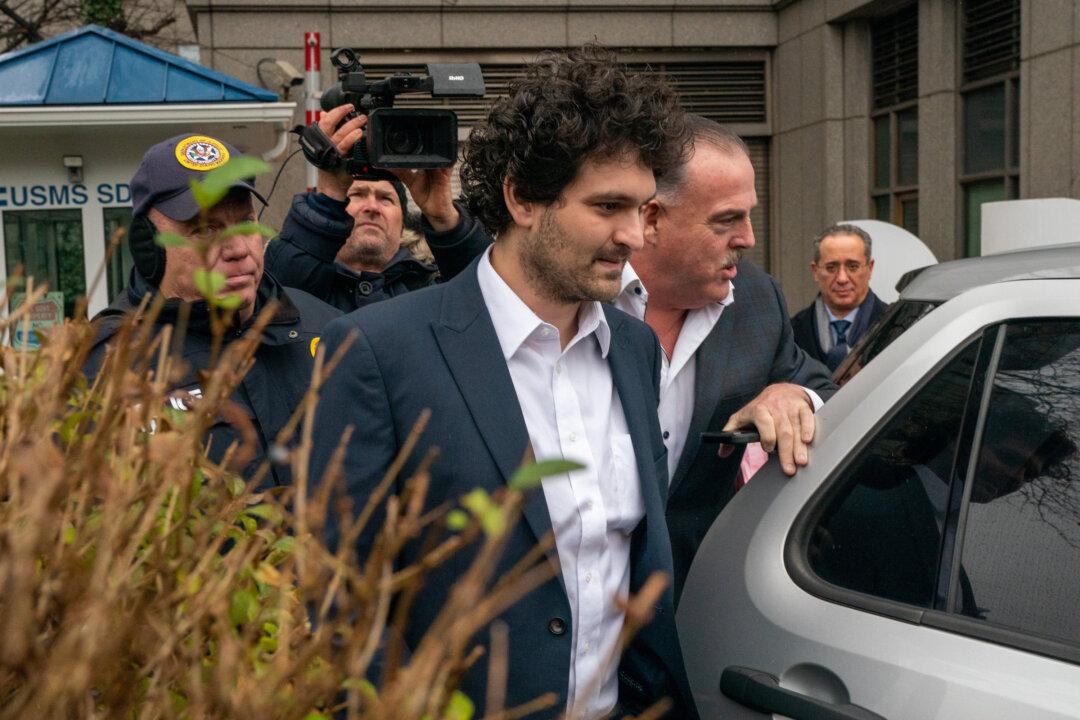Former FTX crypto exchange CEO Sam Bankman-Fried, just extradited to the United States from a prison in the Bahamas, was freed on $250 million bail pending his trial on criminal fraud and money laundering charges.
Bail was posted by Bankman-Fried’s parents, Joseph Bankman and Barbara Fried, who put up their house as collateral. Bankman and Fried are compliance attorneys and professors at Stanford University, and are well-connected within the Democratic Party.





